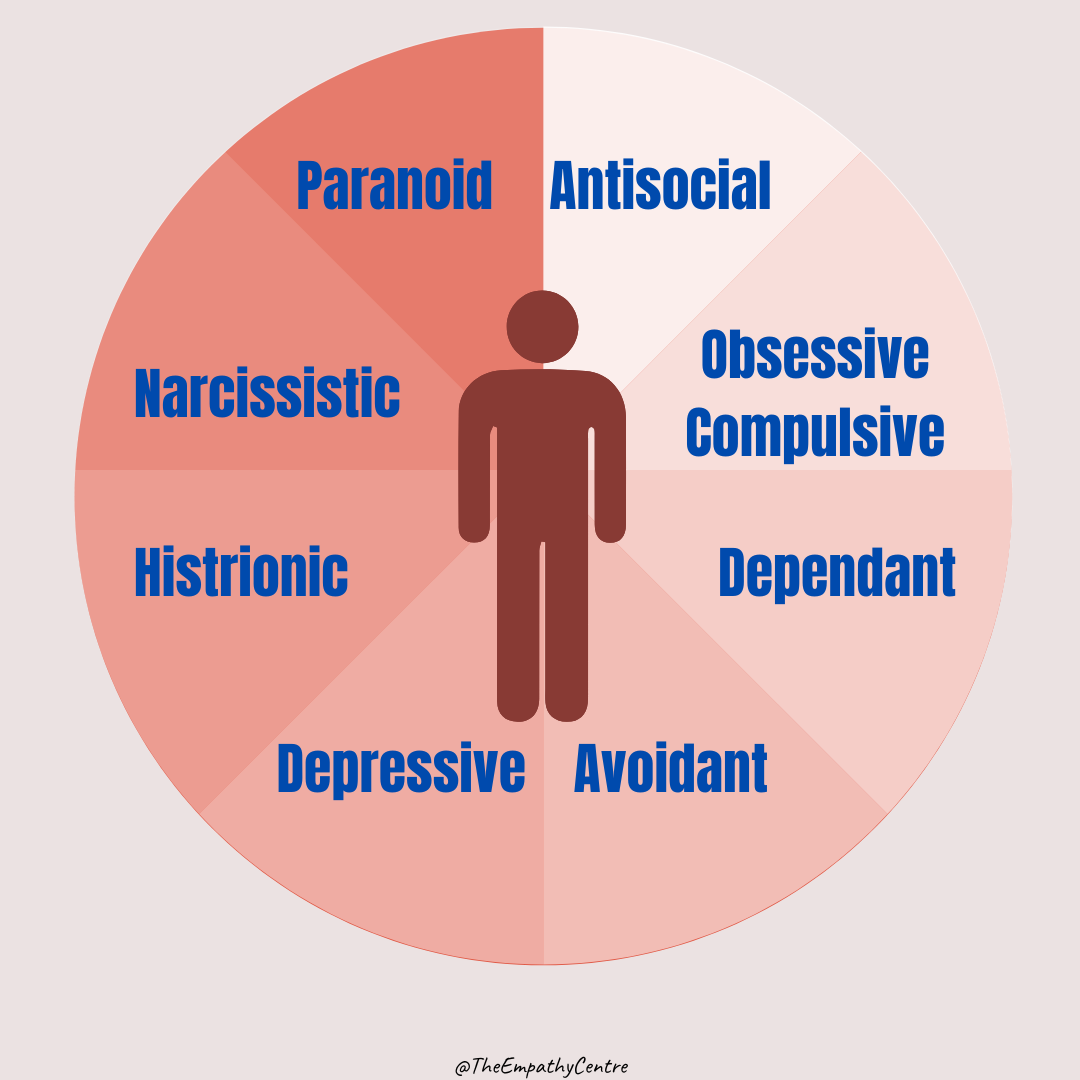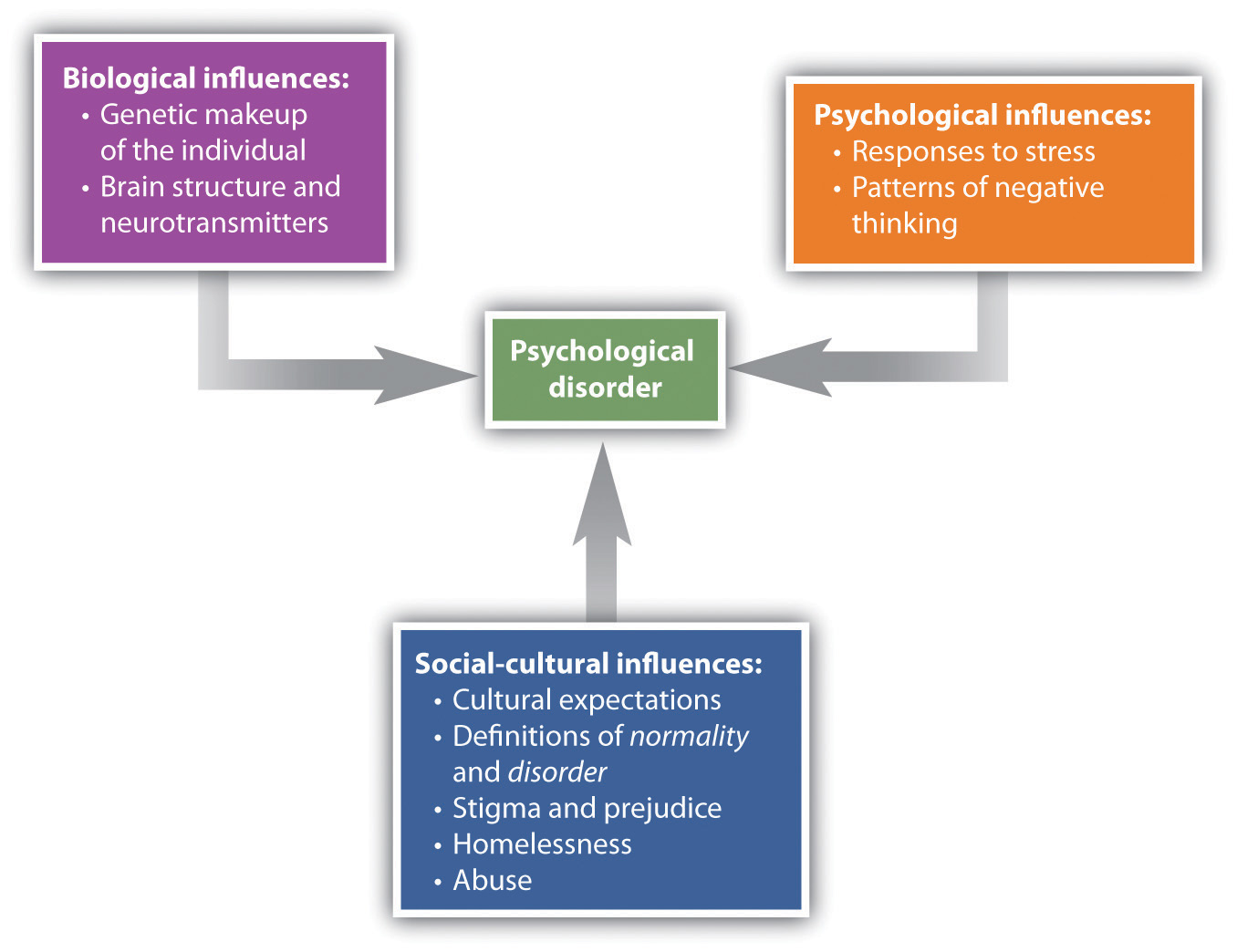Psychological disorders are often misunderstood and stigmatized, leading to
isolation and shame for those who experience them. However, it is vital
to remember that a psychological disorder is a complex and individualized
experience that can affect anyone, regardless of age, gender, or
socioeconomic status. By shedding light on the nature of psychological
disorders and promoting understanding, we can break down the barriers that
prevent individuals from seeking the help they need and deserve.

Image: theempathycentre.com
Understanding the Complexity of Psychological Disorders
Psychological disorders are not simply “mental illnesses” that can be
easily diagnosed and treated. Instead, they are highly diverse and
multifaceted conditions that can manifest in a wide range of symptoms
affecting thoughts, emotions, behaviors, and physical well-being. The
causes of psychological disorders are often complex, as they can arise
from a combination of biological, psychological, and social factors.
Genetics, life experiences such as trauma or abuse, and environmental
stressors can all play a role in the development of a psychological
disorder.
It is essential to recognize that every individual experiences a
psychological disorder in their own unique way. Symptoms may vary in
severity, duration, and pattern, making it difficult to generalize
treatment approaches. Some disorders may be episodic, with periods of
remission and exacerbation, while others may be chronic, requiring ongoing
management and support.
Exploring the Wide Range of Psychological Disorders
There are numerous types of psychological disorders, each with its own
characteristic set of symptoms and diagnostic criteria. Some of the most
common psychological disorders include:
-
Anxiety disorders: Excessive and persistent worry, excessive fear,
or panic attacks -
Mood disorders: Prolonged periods of sadness, hopelessness, or
irritability -
Psychotic disorders: Loss of touch with reality, hallucinations, or
delusions -
Personality disorders: Inflexible and unhealthy personality traits
that cause distress or impairment -
Eating disorders: Disturbances in eating habits and body weight,
influenced by distorted body image and psychological distress
Promoting Understanding and Reducing Stigma
One of the most significant challenges faced by individuals with
psychological disorders is the stigma that often surrounds them. Stigma
can lead to feelings of shame, isolation, and discrimination, preventing
people from seeking the help they need. It is essential to challenge these
misconceptions and promote the normalization of psychological disorders.
Education and awareness initiatives play a crucial role in increasing
understanding, reducing prejudice, and fostering empathy towards
individuals with these conditions.
The media can also play a significant role in reducing the stigma
associated with psychological disorders by accurately portraying the lived
experiences of individuals affected by these conditions. By shedding light
on the challenges and complexities they face, the media can challenge
stereotypes and promote a more compassionate and inclusive society.
Conclusion: Supporting Individuals with Psychological Disorders
Understanding the nature of psychological disorders is foundational
to providing support to those who are experiencing these conditions. By
recognizing the complexity and individuality of psychological disorders, we
can avoid judgment and promote inclusivity. Creating supportive
environments, both in the community and online, can make a world of
difference for individuals affected by these conditions. Through empathy,
understanding, and evidence-based treatment, we can empower individuals
to navigate their journey towards recovery and well-being. Remember,
regardless of the labels and diagnoses, every individual deserves respect,
compassion, and the opportunity to live a fulfilling life.

Image: 2012books.lardbucket.org
A Psychological Disorder Is A ________.

